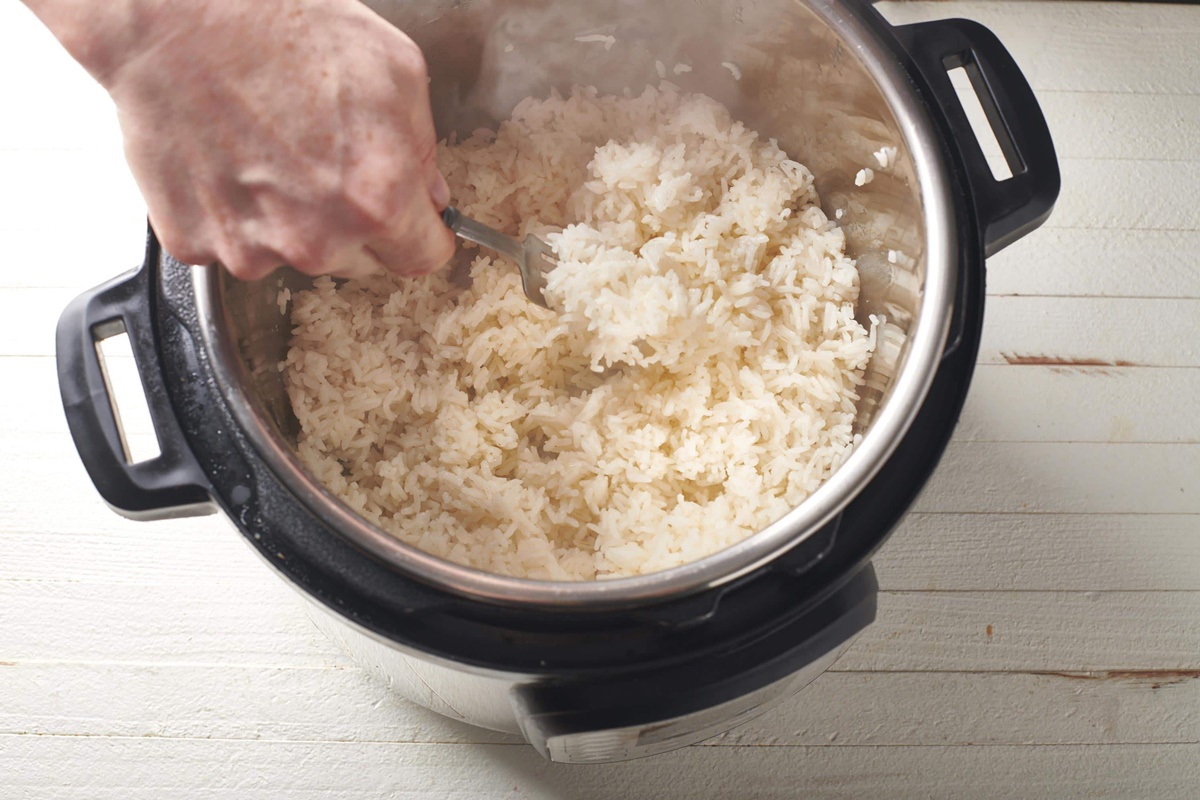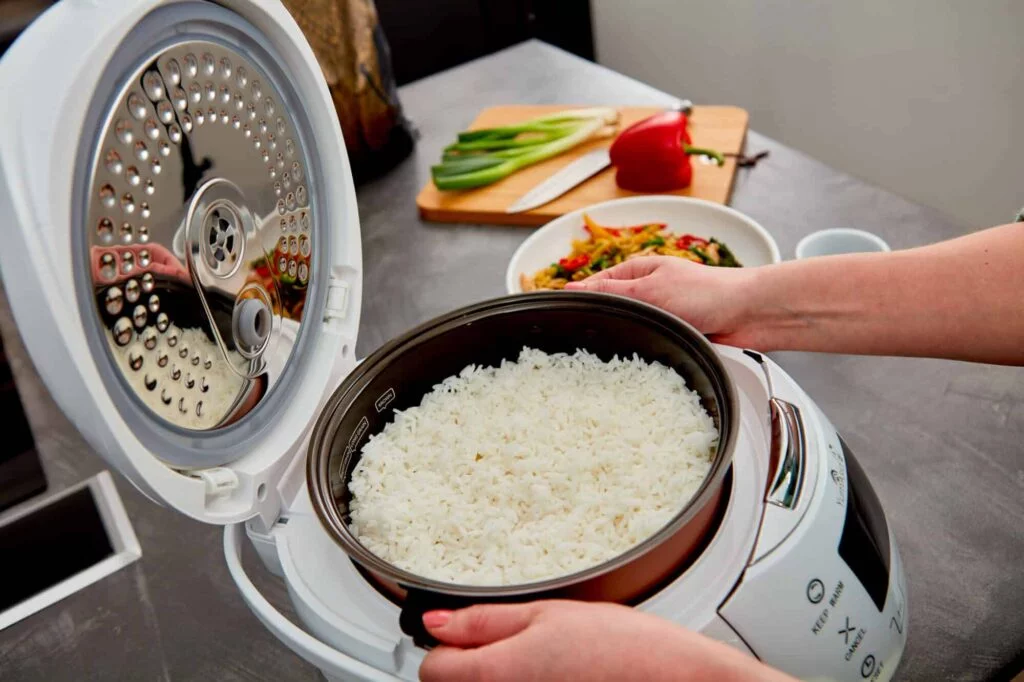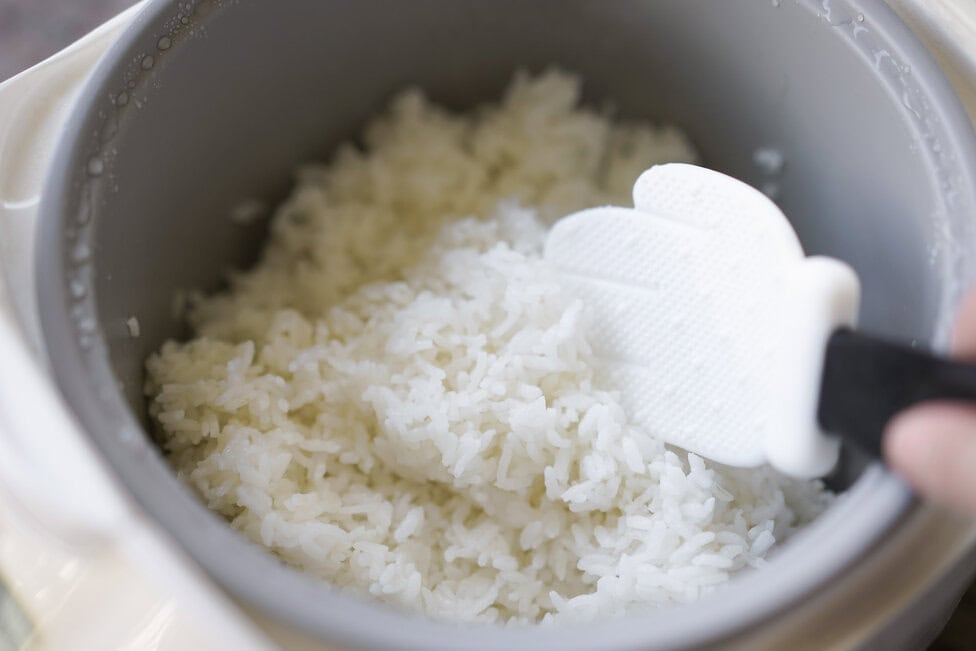Storing your rice cooker correctly is crucial for maintaining its longevity and ensuring it remains in good working condition. Whether you’re a sushi lover or just enjoy a bowl of perfectly cooked rice, knowing how to store rice cooker can save you time and money in the long run. In this article, we’ll explore the best methods for storing your rice cooker safely and efficiently.

Why Proper Storage is Important
Proper storage of your rice cooker not only prolongs its life but also ensures that it functions optimally whenever you need it. A well-maintained rice cooker means fewer chances of malfunction, such as uneven cooking or bad smells. It also helps in keeping your kitchen organized and clutter-free.
Potential Risks of Improper Storage
Improper storage can lead to several issues like dust accumulation, electrical damage, and even pest infestations. These issues can compromise the performance of your rice cooker and, in some cases, even render it unusable.
Steps to Store Your Rice Cooker
Cleaning Before Storage
Before storing your rice cooker, make sure it is thoroughly cleaned. Remove all detachable parts and wash them with warm soapy water. Wipe the main unit with a damp cloth to ensure its free from food particles and dust.
Choosing the Right Storage Location
Location is key when storing your rice cooker. Choose a cool, dry place that’s free from moisture and direct sunlight. Avoid placing it near heat sources like stoves or ovens. A pantry or a kitchen cabinet is usually a good choice.
Using Protective Covers
Invest in a protective cover for your rice cooker. This can prevent dust accumulation and protect it from accidental spills or knocks. You can find covers specifically designed for rice cookers or use a clean cloth as an alternative.
Organizing Your Kitchen Space
Keeping your kitchen organized can make storing appliances like a rice cooker more efficient. Consider decluttering your kitchen to make space for your rice cooker. This not only helps in storing it properly but also makes it easily accessible when needed.
Utilizing Cabinet Space
Make the most of your cabinet space by using shelf organizers or dividers. These can help in storing your rice cooker alongside other kitchen appliances without taking up too much space.
Labeling Storage Areas
Labeling can be very helpful in keeping track of where you store your rice cooker. Its especially useful if you have multiple kitchen appliances. A simple label can help you find your rice cooker quickly and efficiently.
Additional Tips for Rice Cooker Maintenance
Regular Inspections
Conduct regular inspections of your rice cooker even when its in storage. Check for any signs of damage or wear and tear. This can help you address minor issues before they become major problems.
Using High-Quality Rice
The type of rice you use can affect the longevity of your rice cooker. High-quality rice tends to leave fewer residues and is less likely to cause damage to the cooker.
Replacing Parts When Needed
If you notice any damaged parts, its important to replace them promptly. This can include seals, cords, or any detachable parts. Regular maintenance will ensure that your rice cooker remains in top condition.
Conclusion
Knowing how to store rice cooker properly can make a significant difference in its performance and lifespan. By following these storage tips, you can ensure that your rice cooker remains a reliable kitchen companion for years to come. For more information on choosing the right rice cooker, check out this comprehensive guide on rice cookers.

FAQs
How often should I clean my rice cooker?
It’s recommended to clean your rice cooker after each use to maintain its performance and hygiene.
Can I store my rice cooker in a damp place?
No, it’s best to store your rice cooker in a dry place to prevent moisture-related damage.
Is it necessary to use a protective cover?
While not necessary, using a protective cover can add an extra layer of protection against dust and accidental damage.
This article contains affiliate links. We may earn a commission at no extra cost to you.



